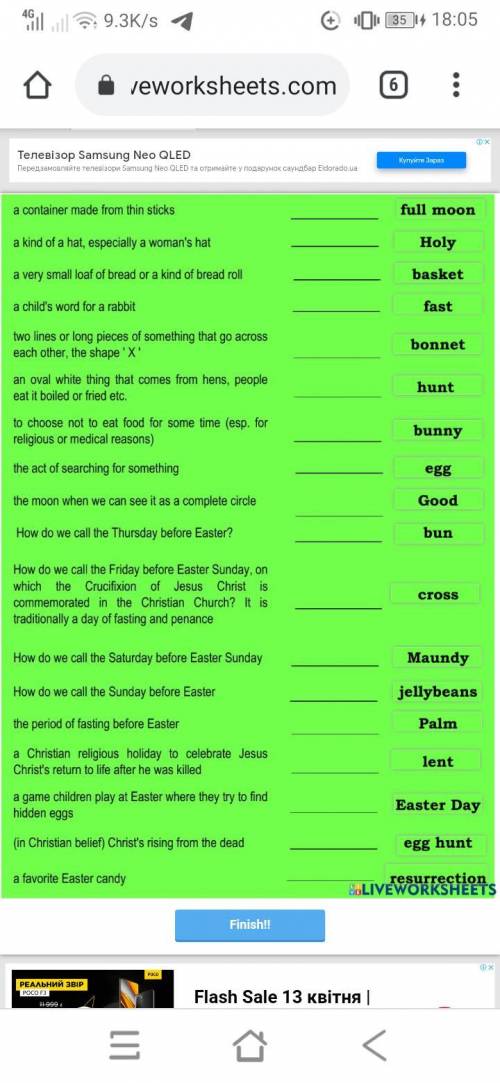
1.INTRODUCTION
The Inuit, or Eskimo, are an aboriginal people who make their home in the Arctic and sub-Arctic regions of Siberia and North America.
The word "Eskimo" was bestowed upon these hardy, resourceful hunters by their neighbors, the Algonquin Indians of eastern Canada. It means "eaters of raw meat." Recently, it has begun to be replaced by the Eskimos' own name for themselves, "Inuit," which means, "real people."
The Inuit are descended from whale hunters who migrated from Alaska to Greenland and the Canadian Arctic around 1000 AD . Major changes in Inuit life and culture occurred during the Little Ice Age (1600–1850), when the climate in their homelands became even colder. European whalers who arrived in the latter part of the nineteenth century had a strong impact on the Inuit. The Westerners introduced Christianity. They also brought with them infectious diseases that substantially reduced the Inuit population in some areas. When the whaling industry collapsed early in the twentieth century, many Inuit turned to trapping.
Wherever they live, the Inuit today are much involved in the modern world. They have wholeheartedly adopted much of its technology, as well as its food, clothing, and housing customs. Their economic, religious, and government institutions have also been heavily influenced by mainstream culture.
2 .LOCATION
The Inuit live primarily along the far northern seacoasts of Russia, the United States, Canada, and Greenland. All told, there are more than 100,000 Inuit, most of whom live south of the Arctic Circle. The majority, about 46,000, live in Greenland. There are approximately 30,000 on the Aleutian Islands and in Alaska, 25,000 in Canada, and 1,500 in Siberia. The Inuit homeland is one of the regions of the world least hospitable to human habitation. Most of the land is flat, barren tundra where only the top few inches of the frozen earth thaw out during the summer months. The majority of Inuit have always lived near the sea, hunting aquatic mammals such as seals, walrus, and whales.
3.LANGUAGE
The Inuit language is divided into two major dialect groups: Inupik and Yupik. Inupik speakers are in the majority and reside in an area stretching from Greenland to western Alaska. Speakers of Yupik inhabit a region consisting of southwestern Alaska and Siberia.
4.FOLKLORE
According to a traditional folktale told by the Tikigaq Inuit of north Alaska, the raven (a traditional trickster figure in Inuit folklore) was originally white. It turned black in the course of a deal it made with the loon. The two birds agreed to tattoo each other but ended up in a soot-flinging match that turned the loon gray and the raven black.
Many traditional Inuit religious customs were intended to make peace with the souls of hunted animals, such as polar bears, whales, walrus, and seals.
5.MAJOR HOLIDAYS
Today the Inuit observe the holidays of the Christian calendar. Traditionally, a feast called a potlatch was held whenever a new totem pole was raised. The Inuit who held the potlatch would often give away his most valuable possessions at the ceremony.
6.RITES OF PASSAGE
Traditionally, a feast was held when an Inuit boy killed his first seal or caribou. Women were married when they reached puberty, and men when they could provide for a family. The Inuit believed in an afterlife thought to take place either in the sea or in the sky. After people died, their names were given to newborn infants, who were thereby believed to inherit the personal qualities of the deceased.
7.RELATIONSHIPS
Unlike many aboriginal cultures, traditional Inuit society was not based on the tribal unit. Instead, the basic social unit was the extended family, consisting of a man and wife and their unmarried children, along with their married sons and their families.
Номер 3. Choose the right preposition.
Объяснение:
1. Everyone was excited about the trip to the mountains.
2. We are going to play basketball, would you like to join us?
3. The new road is going to connect the two cities.
4. I introduced myself to my new classmates.
5. They’ll have to consider the new facts.
6. Where are your seats?- They are in the circle, in Row Two.
7. Andrew devoted most of his time to painting.
8. Hold on a minute, I’ll just get a pen!
9. I will never agree with you on this matter.
10. Can you see to my pets while I’m away?
11. He entered the university in 2005 and graduated from it in 2010.
12. This fruit salad is made from apples, plums and apricots.
13. They are responsible for the cooking.
14. My little brother is ill. He must be looked after.
15. Brian admires his talented cousin.
16. The campers put out the fire before leaving.
Смотрите ответ во вложении